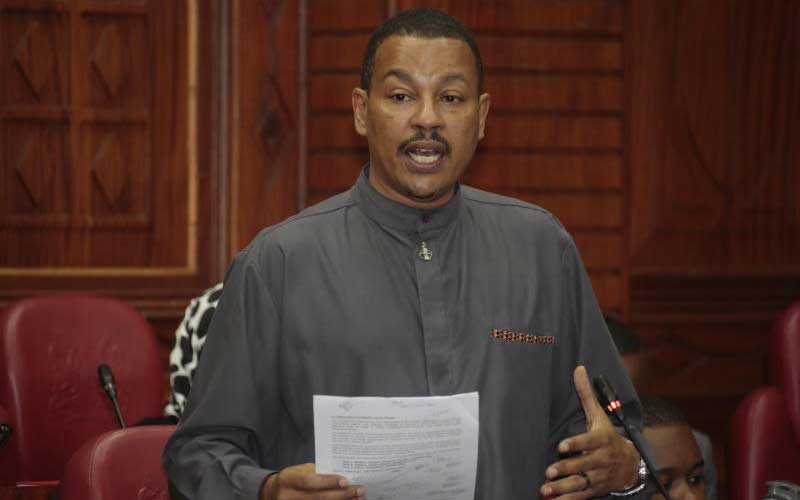×
The Standard e-Paper
Fearless, Trusted News

Amnesty International executive director Houghton Irungu at a past event. He has said the success of the curfew will depend on the collaboration between various agencies. [File, Standard]
A human rights lobby wants lawyers enlisted as critical and essential service providers during the curfew period.